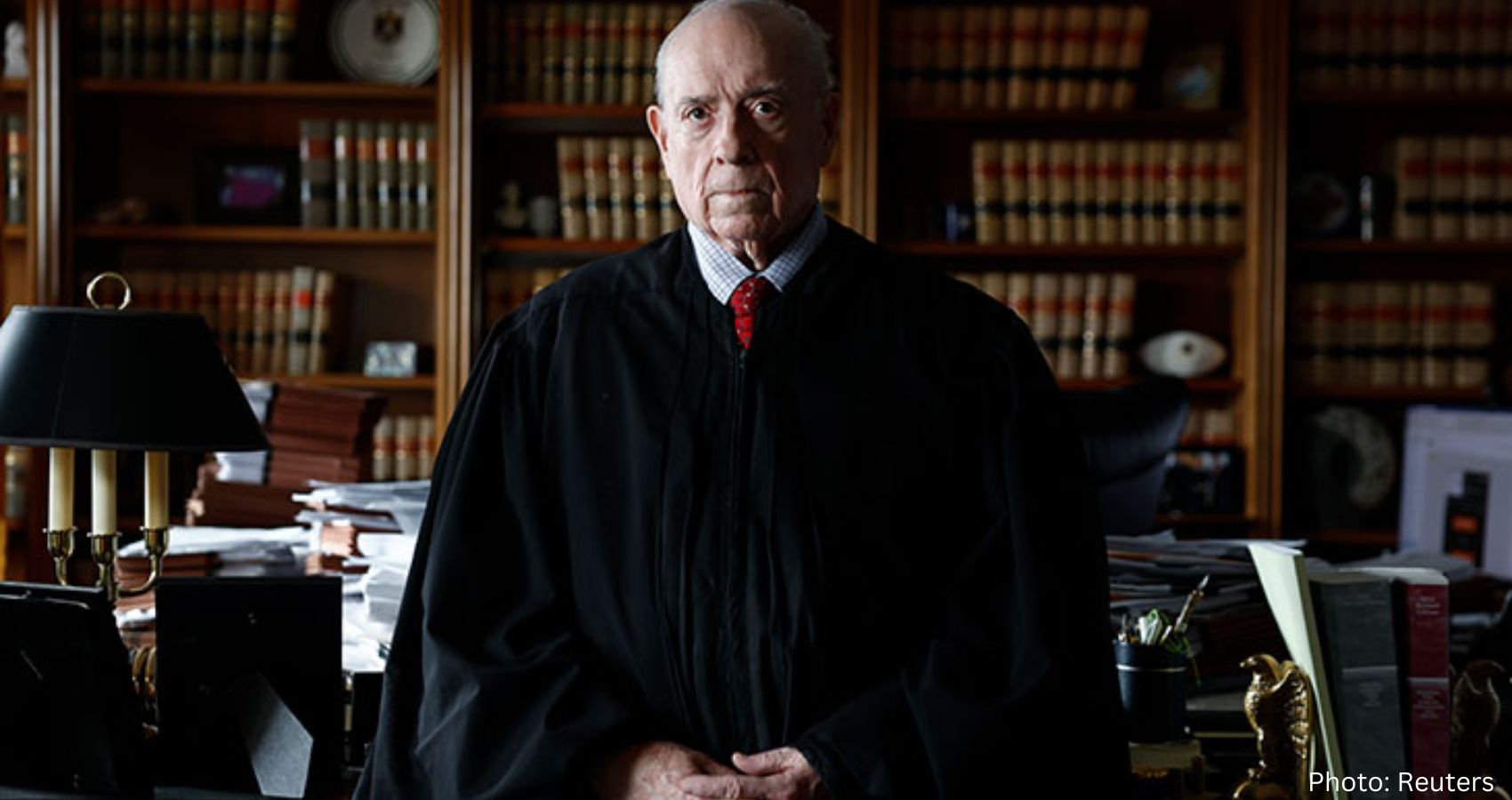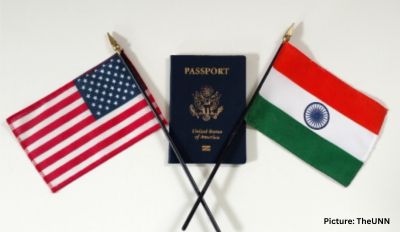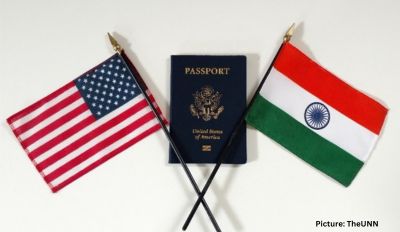U.S. District Judge Royce Lamberth, renowned for his unwavering stance against criminals ranging from drug cartels to al Qaeda, found himself in uncharted territory when he became the target of a torrent of harassment. The onslaught followed his involvement in cases against supporters of former President Donald Trump implicated in the assault on the U.S. Capitol in a bid to overturn the 2020 election.
Previously accustomed to facing dangers from various criminal factions, Lamberth expressed astonishment at the barrage of threats he encountered amid his judicial proceedings. He recounted how right-wing platforms vilified him, portraying him as part of a “deep state” plot aimed at undermining Trump and his followers. The vitriol escalated to calls for his execution on sympathetic online platforms. “Traitors get ropes,” read one chilling message. Lamberth revealed that his chambers’ voicemail was inundated with death threats after he sentenced a 69-year-old Idaho woman for her involvement in the January 6 riot. He even received graphic death threats at his home phone number.
The escalation of threats against judicial figures is part of a broader pattern observed since Trump’s emergence as a political force in 2015. A Reuters analysis revealed a staggering increase in threatening communications directed at federal courts and personnel, rising from an average of 1,180 incidents in the decade preceding Trump’s presidential bid to 3,810 in the seven years following his entry into politics. The situation reached unprecedented levels, with nearly 27,000 threatening and harassing communications recorded by the U.S. Marshals Service between 2015 and 2022.
Trump’s combative rhetoric against the judiciary, prosecutors, and other officials involved in legal proceedings against him has fueled a culture of intimidation. His characterization of judges as biased and corrupt, coupled with his demonization of the judicial system, has contributed to an environment where threats against judges have become increasingly commonplace. Even after leaving office, Trump’s public comments continue to incite hostility towards judges handling cases related to him.
While the surge in threats is alarming, the response from law enforcement has been limited. The U.S. Justice Department does not systematically track prosecutions for threats against judges, and arrests remain infrequent. The difficulty in distinguishing between protected speech and criminal threats poses a challenge for authorities tasked with addressing the issue. Despite the gravity of the threats, many menacing messages fall short of meeting the legal threshold for criminal charges.
The repercussions of this wave of threats extend beyond individual judges to the broader functioning of the judicial system. Judges, who traditionally faced threats from aggrieved parties directly involved in cases, now contend with a deluge of threats stemming from politically charged disputes. The erosion of judicial independence poses a significant threat to the foundational principles of American democracy.
The impact of these threats reverberates throughout the legal community, with judges expressing concern over the chilling effect it may have on judicial independence. In particular, judges hearing politically sensitive cases find themselves increasingly vulnerable to harassment and intimidation. The need for enhanced protections for judges has become imperative to safeguard the integrity of the judicial process.
Despite the daunting challenges posed by the current climate, judges remain committed to upholding the rule of law. However, the escalating threats underscore the urgent need for robust measures to protect judicial officials and preserve the impartiality of the judiciary. As the political landscape continues to evolve, the resilience of the judicial system in the face of such threats will be critical in safeguarding the principles of democracy and the rule of law.











